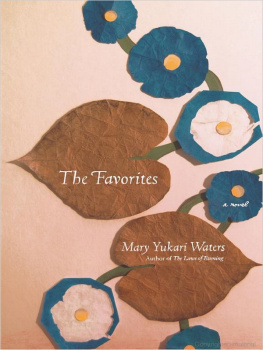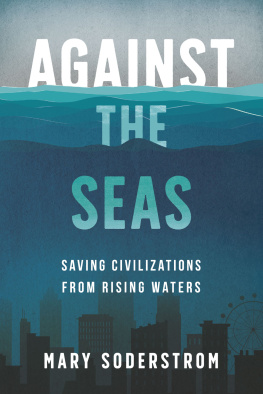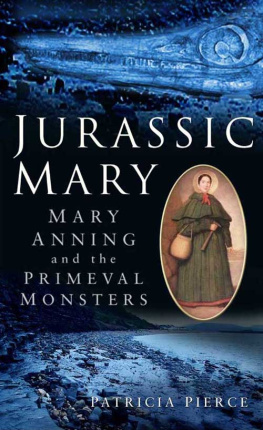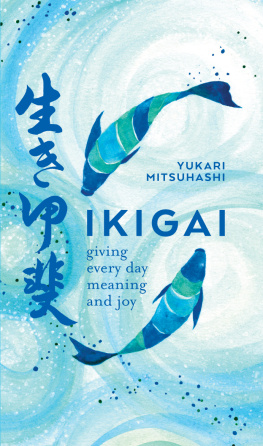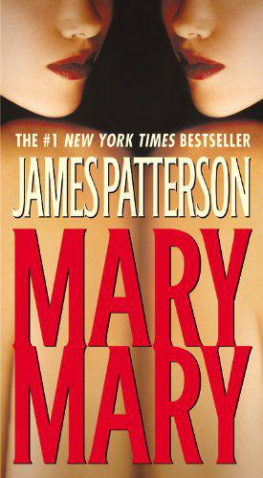Mary Yukari Waters - The Favorites
Here you can read online Mary Yukari Waters - The Favorites full text of the book (entire story) in english for free. Download pdf and epub, get meaning, cover and reviews about this ebook. year: 2009, publisher: Scribner, genre: Non-fiction. Description of the work, (preface) as well as reviews are available. Best literature library LitArk.com created for fans of good reading and offers a wide selection of genres:
Romance novel
Science fiction
Adventure
Detective
Science
History
Home and family
Prose
Art
Politics
Computer
Non-fiction
Religion
Business
Children
Humor
Choose a favorite category and find really read worthwhile books. Enjoy immersion in the world of imagination, feel the emotions of the characters or learn something new for yourself, make an fascinating discovery.
- Book:The Favorites
- Author:
- Publisher:Scribner
- Genre:
- Year:2009
- Rating:3 / 5
- Favourites:Add to favourites
- Your mark:
- 60
- 1
- 2
- 3
- 4
- 5
The Favorites: summary, description and annotation
We offer to read an annotation, description, summary or preface (depends on what the author of the book "The Favorites" wrote himself). If you haven't found the necessary information about the book — write in the comments, we will try to find it.
The Favorites — read online for free the complete book (whole text) full work
Below is the text of the book, divided by pages. System saving the place of the last page read, allows you to conveniently read the book "The Favorites" online for free, without having to search again every time where you left off. Put a bookmark, and you can go to the page where you finished reading at any time.
Font size:
Interval:
Bookmark:

The Laws of Evening: Stories
The majority of my thanks goes to two people: my editor, Alexis Gargagliano, for her invaluable help and vision, and my agent, Joy Harris, for her many patient reads. I am also grateful for the support and encouragement of family, colleagues, and friends.

SCRIBNER
A Division of Simon & Schuster, Inc.
1230 Avenue of the Americas
New York, NY 10020
This book is a work of fiction. Names, characters, places, and incidents either are products of the authors imagination or are used fictitiously. Any resemblance to actual events or locales or persons, living or dead, is entirely coincidental.
Copyright 2009 by Mary Yukari Waters
All rights reserved, including the right to reproduce this book or portions thereof in any form whatsoever. For information address Scribner Subsidiary Rights Department,
1230 Avenue of the Americas, New York, NY 10020.
SCRIBNER and design are registered trademarks of The Gale Group, Inc., used under license by Simon & Schuster, Inc., the publisher of this work.
Library of Congress Cataloging-in-Publication Data is available.
ISBN-13: 978-1-4165-6113-2
ISBN-10: 1-4165-6113-7
Visit us on the Web:
http://www.SimonandSchuster.com
For my mother
I t was an early morning in June 1978, and the Ueno neighborhood was just beginning to stir.
This was an old neighborhood, far enough north of the citys center to have the feel of a small village. It lay in the shadow of high green hills that surrounded the city of Kyoto like a giant horseshoe, trapping the moisture from its four rivers. A century ago, before the emperors seat had moved to Tokyo (and before smog and pollution made their appearance), this moist climate had been considered ideal for the refined senses of the nobility: it captured the subtle fragrances of each season and fostered the most delicate complexions in the country. The downside, of course, was that Kyoto summers were brutally humid.
Fortunately the air was still cool and crisp, laced with the smells of moss and verdure that had sprouted so lushly during this months rainy season. The walls and fences, their planks aged as soft and dark as velvet, reflected the pink glow of sunrise. Within cool pockets of shadow, the smell of dew-soaked wood still lingered.
At the open-air market, behind iron shop grates not yet rolled open for customers, rubber-booted fish vendors arranged the mornings catch on beds of ice. Several blocks away, a procession of shaved, robed priests from So-Zen Temple clip-clopped on geta through the crooked, narrow lanes. Aaaaaa, they intoned. OhhhhhEhhhhh They performed these vocal exercises each morning to develop stamina of the lungs, and indeed their deep, resonant voices rose up from their diaphragms and into the morning air like the long aftermath of a gong. All throughout the neighborhood, produce peddlers were beginning to make their appearance. These farming women, brown from the sun, came in each morning from the surrounding countryside. Noticeably shorter than their urban counterparts, they padded through the lanes on old-fashioned tabi shoes made of cloth, leaning their weight into wooden pushcarts and grinning up at customers from beneath the shade of white cloths draped under their straw hats. Madam? Good morning, they called out every so often, as a gentle signal to housewives in their kitchens.
None of this registered with fourteen-year-old Sarah Rexford, who slept soundly after yesterdays long plane ride. She didnt hear her mother rising from the futon beside her, or the priests distant chanting as they headed down Murasaki Boulevard on their way back to the temple complex, or the murmur of womens voices directly outside in the laneamong which the excited tones of her mother and grandmother were mingledas they gathered around a peddlers cart.
The house in which Sarah slept had a gray tiled roof with deep eaves; its outer walls were left unpainted in order to display the woods aged patina, which had deep chestnut undertones like the coat of a horse. This had been her mothers childhood home, but only her grandparents lived here now. The house stood on a corner, where a narrow gravel lane intersected a slightly wider paved street that fed into Murasaki Boulevard. Each summer the Kobayashi house attracted attention because of its morning glory vines, whose electric-blue blossoms blanketed the entire eastern side of the house. The localshousewives walking to the open-air market, entire families strolling to the bathhouse after dinneroften altered their routes in order to admire the view. As Mrs. Kenji Kobayashi liked to tell people, she had nurtured these vines from a single potted plant that her granddaughter Sarah had given her eight years ago: a first-grade science project, grown from seed. The younger generation of adults would nod, remarking fondly that theyd had the same assignment as children, that they could remember documenting the seedlings growth in sketch journals. Under Japans public school system, all schools used the same government-issued textbooks.
Sarah Rexford hadnt attended a Japanese school since she was nine years old. That was the year she and her parents had moved away to America, after selling their home up in the Kyoto hills. There were various reasons for this move, one being that they thought it might be easier for Sarah to be with her own kind, meaning children who wouldnt stare at her on the street or bully her after school. She was a mixed child, or as they said in Japan, a half. Her features, however, were predominantly Western: straight nose, light gray eyes, dark wavy hair with brown highlights instead of blue.
The marriage of her mother, Yoko, to John Rexford, an American physicist almost old enough to be her father, had shocked everyone back in the early sixties. The match was particularly unusual because Kyoto was a traditional inland city, far removed from the seaports and military bases where such unions (euphemistically speaking) were known to occur. Fortunately Mr. Rexford was a civilian, a physicist at NASA. If he had been a military GI, with all the unsavory connotations of that label, the Kobayashi family would not have been able to hold up their heads.
As the years passed and Yoko was neither abandoned nor mistreated by her American husband, the Ueno neighbors gradually came to accept the marriage. Some even suggested, as a graceful way of putting the scandal to rest, that the match had been ordained by fate. As they pointed out, it seemed prophetic in hindsight that the temple astrologer, on whom local parents relied for auspicious Chinese characters when naming their babies, had chosen for Yokos name an unconventional hieroglyph associated with the Pacific Ocean.
And the neighbors agreed (how clear it seemed, looking back!) that Yoko Kobayashi had always been destined to lead a bigger, bolder life than her peers. Even as a child, there had been a larger-than-life quality about hera striking air of confidence, bordering on effrontery, that was apparent in her firm step and erect posture. This wasnt the result of wealth or privilege. The Kobayashis had no money, although like other families with good crests who had been ruined in the war, they still held remnants of their old status. Nor was Yoko unusually beautiful, although her features were above average. In fact, her face had been memorable for its expression of mature comprehension, better suited to a grown woman, rather than the limpid, innocent gaze that was so highly prized in Japanese children.
Font size:
Interval:
Bookmark:
Similar books «The Favorites»
Look at similar books to The Favorites. We have selected literature similar in name and meaning in the hope of providing readers with more options to find new, interesting, not yet read works.
Discussion, reviews of the book The Favorites and just readers' own opinions. Leave your comments, write what you think about the work, its meaning or the main characters. Specify what exactly you liked and what you didn't like, and why you think so.

